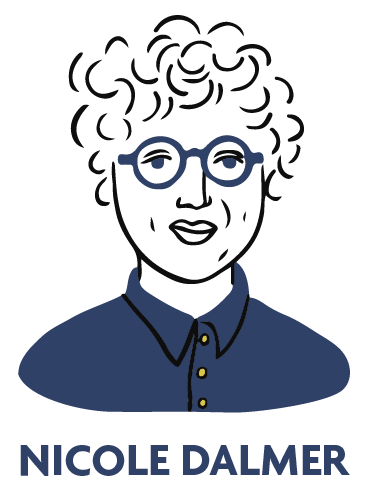Reflections on the 2022 Canadian Association of Gerontology Conference
In October, Nicole, along with research assistants Amanda and Bria, travelled to Regina, Saskatchewan for the 51st Annual Scientific and Educational Conference of the Canadian Association on Gerontology (CAG). CAG is Canada’s leading association for individuals who research, work within, or who have a general interest in the field of aging. The slate of presentations offered a variety of topics and themes, such as: aging in data, palliative and end of life care, ageism and stigma, aging in place, as well as perceptions about aging. With an insightful opening keynote addressing ways to bridge the research-policy gap in aging and health, an engaging presentation on translating research findings into widespread practice, and finally an informative address concerning the relevance of technology and aging, the program was vast and interesting for all who attended.
This year’s CAG conference focused on knowledge mobilization and implementation science. As the overarching goal of our larger project, Aging with Public Libraries: Mobilizing Social Infrastructures for Social Inclusion, is to strengthen and enhance public library practices, services and programming to better older, community-dwelling library patrons, we felt well poised to share our practical findings with the group of Canadian and international delegates, including social scientists, policy makers, and library scholars.
On Saturday, October 22, Nicole, Amanda and Bria jointly presented within the Perceptions About Aging session. In our presentation, “It’s just with ‘senior’ – the thing is I don’t feel like I’m 68”: Older adults’ opinions on age labels in the library, we shared our findings from the interviews with our 51 older adults participants. In particular, we focused on the discussion surrounding the perspectives on age-based labels that public libraries use to describe spaces, collections, and programs. Many of our participants demonstrated no reservations in sharing their chronological age and their opinions regarding the suitability of age-based labels. We shared, for example, that many participants expressed their strong and distinct dislike for the term “elderly” and overly-endearing terms such as “dear”, “honey”, or “sweetie.” Public library programs that utilized defined age-groups were preferred by some as they clearly indicated who the program was designed for and would more likely reflect their unique “group identity” and interests. We illuminated that far more participants felt excluded through the language used to describe library programs. For these participants, age labels used to describe library programs directly impacted whether or not they felt welcomed or included in library programs.
Our sharing of these preliminary findings and reflections spurred some interesting and insightful discussions with audience members. We hope attendees were able to reflect on the applicability of these findings in their unique fields of interest and practice - to more carefully and intentionally employ age-based language and labels wherever they may.
Our trip to CAG in Regina allowed for interprofessional discussion, collaborative learning, and deep reflection with our esteemed peers and colleagues from throughout Canada and across the globe. The insights gained will prove to be invaluable as we move forward with the next phases of this project. We are excited to continue to share updates on this project with you all. We are currently speaking with Ontario Public Library staff to garner their unique perspectives on the function of the library for older adults.
Please come back here for more blog entries!
